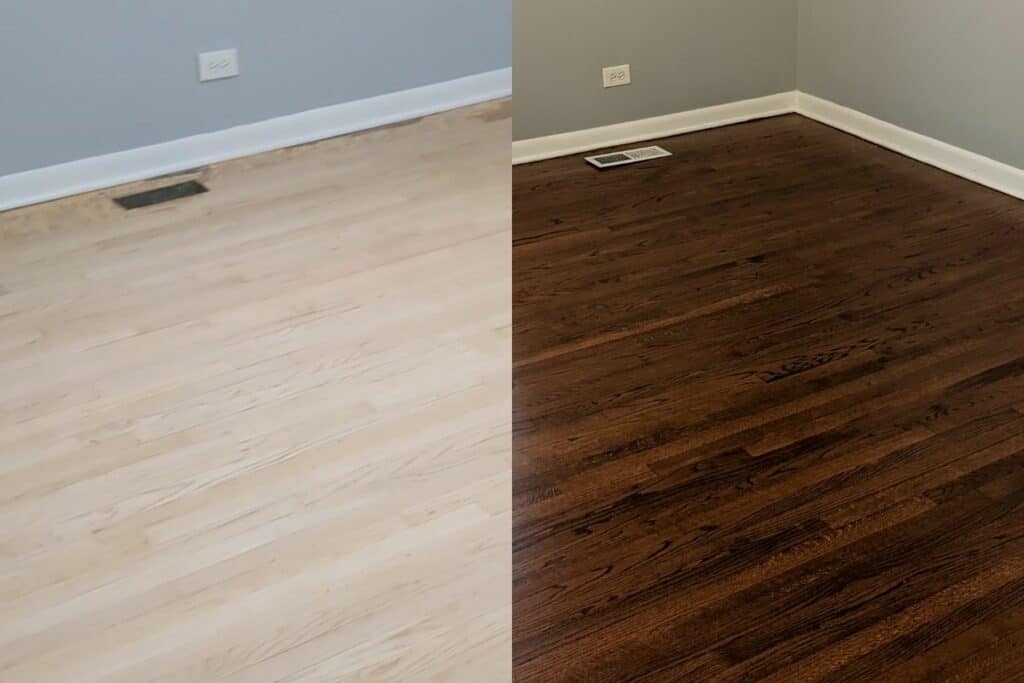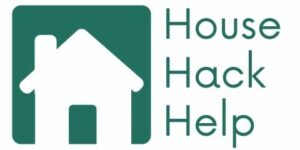Yes, buying a house is a good idea for building equity and long-term wealth in real estate, and you can often completely offset your housing costs in the meantime by renting out the extra space.
However, the answer isn’t always cut and dry.
There are plenty of drawbacks to homeownership. They may very well outweigh the benefits.
Here, we’ll cover some pros and cons of homeownership. We’ll also explore how house house hacking can make the decision to own your home that much more lucrative.
Pros of Homeownership

1. Ownership
The main pro is in the pride and independence of ownership itself.
For some people, it’s a lifelong dream to own their dream home.
After all, a home is where you might take refuge from a stressful world.
For many, myself included, the stability of owning a home is a huge selling point. While things like taxes and expenses may grow over time, your monthly mortgage payment is usually fixed, unlike rent.
I also like the fact that I can make changes to my house if I want to and not have to ask for a landlord’s permission. You get to keep that equity from improvements in the meantime.
Ownership allows you the solace of knowing no one can pop in unannounced, increase your rent, or ask you to vacate because you are your own landlord.
You have way more freedom when you control the asset yourself.
That freedom can be lucrative.
2. Building Equity
With each mortgage payment you make, you’re paying down your loan and building equity.
If and when you sell the home, you can cash out that equity. Or that equity can be borrowed against while you still own the home.
Simply put, that equity gives you financial flexibility.
You can also force equity by improving the home.
For example, if you improve the finishes in the home, you can increase your equity even more. That might include upgrading paint, flooring, fixtures, and many other things.

Remember, you have a lot more flexibility as an owner than a renter. That flexibility can be used to produce great results!
Cons of Homeownership
While the pros of homeownership are typically related to independence, that independence comes with its own price tag.
1. Responsibility
It’s impossible to predict what will happen tomorrow or months down the line.
Accidents happen.
The plumbing system might back up, pests may make their home in your home, or your roof might let water in during a storm.
Ultimately, you’re responsible for maintaining your home. If something goes wrong, it’s your problem.
And the cost to repair and replace things can get steep, especially once major components need replacing.
2. Upfront Costs
In addition to upkeep and repair costs, you’re probably going to have to make a significant down payment. And that’s on top of closing costs and other fees paid once you buy the thing.
For many folks, this can take many months and even years to save up for, even with the many low down payment options out there.
3. Ongoing Costs
The monthly mortgage is only a single part of the expenses associated with homeownership.
There are also property taxes, insurance, repairs, and maintenance costs.
Simply put, these ongoing expenses can cost thousands, often well beyond the cost of renting a similar house in the same area.
However, once you buy the property, you might unlock some serious financial leverage to offset those expenses.
This is where house hacking comes in to play.
The House Hacking Strategy

Homeownership expenses can add up quickly, but house hacking can help negate those costs to the point of offsetting your entire housing budget (and then some).
With house hacking, you buy a house and rent out part of it while still living in it. The rental income helps to subsidize the high price of ownership.
It’s a simple strategy. But it’s often overlooked.
In some cases, it can cover your costs entirely. And yf you have a good job and great credit, you can also take advantage of some amazing financing options.
Thus, house hacking can make owning a home cost less than renting while allowing you to build wealth in real estate.
Here are the basic house hacking steps:
- Find Your Property — Choose a property that has extra rooms you can rent out. Alternatively, you might buy a duplex, triplex, or fourplex and rent out entire units.
- Do The Math and the Research — Run the numbers and do the research so you can figure out how much you can charge for rent and project how much you should set aside for emergencies or vacancies.
- Rent Out Extra Rooms/Units — Rent out the extra space in your home and let the money start coming in! Just remember that you also have to take on the role of landlord. Any property problems go directly to you.
- Use Rental Income To Help With Costs of Living — The money that comes in is yours and that means you can use it towards your mortgage or any other expenses.
- Enjoy Discounted (Or Free!) Living — This is the single greatest advantage to house hacking. It allows you to get the most out of your home purchase, but it might also make homeownership cheaper than renting your own room or unit.
Is Homeownership Worth It?
Yes, homeownership is worth it if you want to make your own rules without worrying about a landlord and want to build equity in real estate. It’s especially worth it if you land a succesful house hack.
However, homeownership is a tool. Like any other financial tool, it has its pros and cons. You need to educate yourself before making a decision.
The cost of ignorance is quite expensive in real estate.
House hacking can be a way to mitigate that risk. By bringing in additional income, you can offset many (if not all) of your monthly housing expenses.
So if you want to own a home but you’re concerned about the costs, consider house hacking.
Find some useful tips for house hacking a single family home, check out this article on house hacking by renting out extra rooms.
This website, and any communication stemming from it, should not be taken as financial or legal advice for your specific situation. Consult directly with a licensed financial professional should you need investment advice and consult directly with a licensed attorney directly should you need legal advice. Assume all links are affiliate links. I am an Amazon affiliate.


